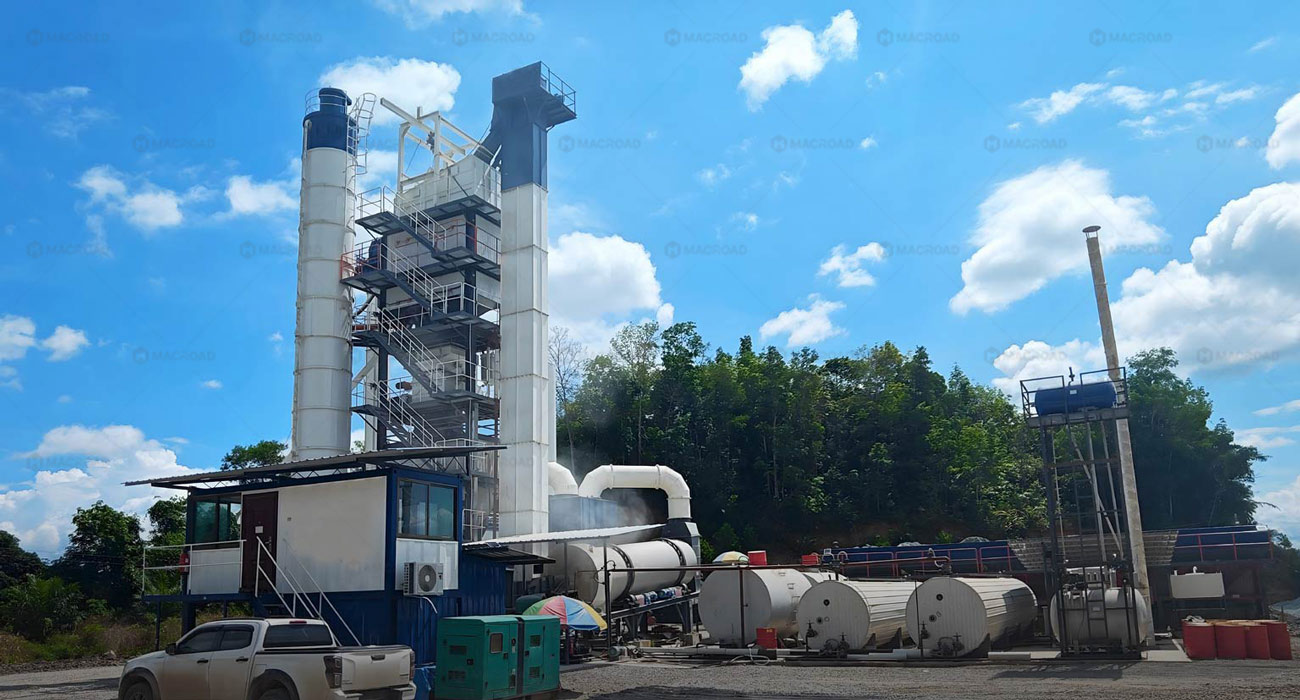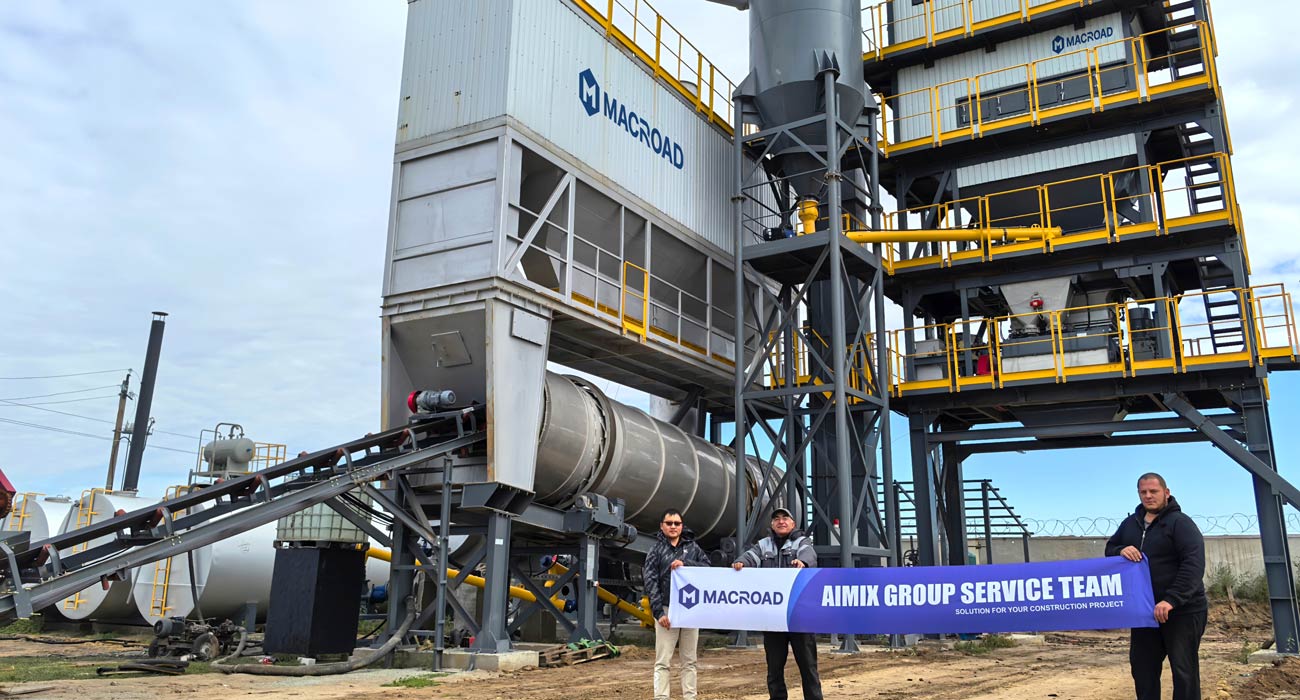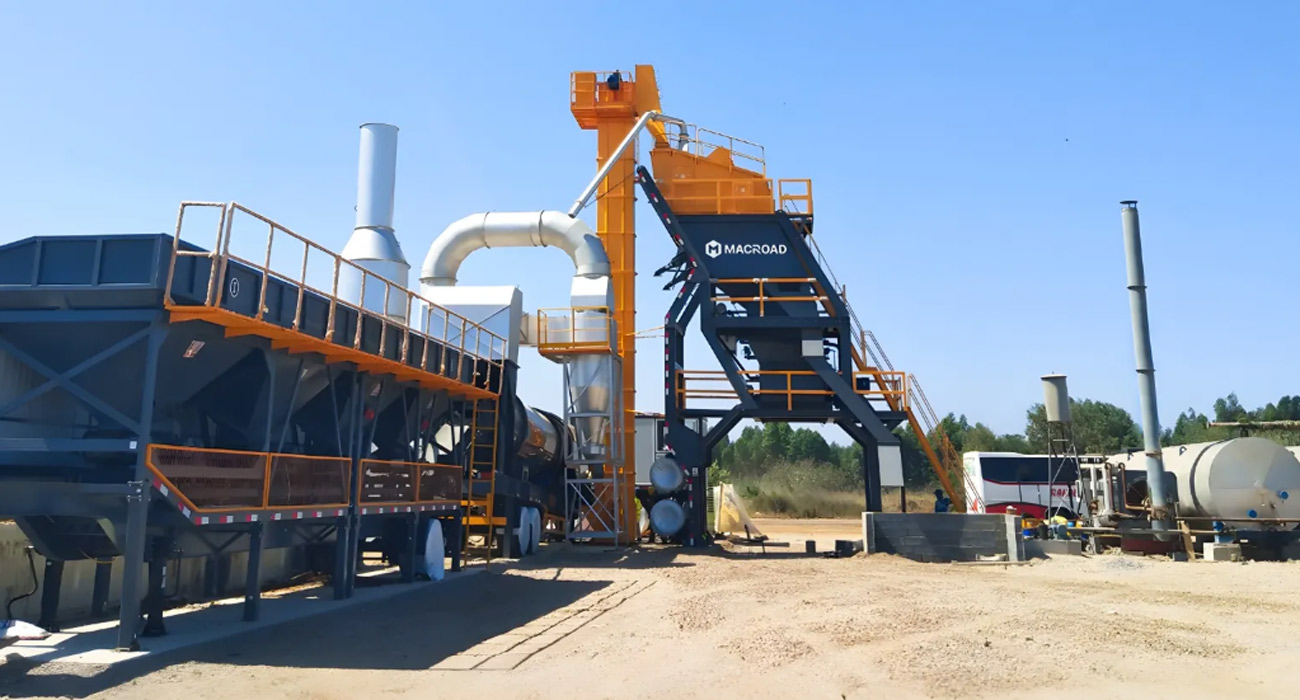When selecting equipment for asphalt production, understanding the differences between mobile asphalt batch plants and stationary asphalt batching plants is crucial. Mobile asphalt batch plants often feature simplified functions due to their lightweight module design, which can limit their environmental protection facilities and automatic control capabilities. Conversely, stationary asphalt batching plants can be equipped with more comprehensive auxiliary systems, but they require a higher site investment. Effective communication with asphalt batch mix plant suppliers is essential to clarify the functional customization boundaries of these two types of equipment, ensuring that the chosen solutions align with project needs.

Identifying Project Requirements
Before engaging with asphalt batch mix plant suppliers, it is important to identify the specific requirements of your project. This includes understanding the environmental standards and automation needs that dictate the functionality of the equipment. For urban projects, for instance, high-level dust removal systems may be necessary to comply with stringent regulations. In contrast, rural projects may be less demanding, allowing for simpler manual batching processes.
By clearly defining these project parameters, you can effectively communicate your needs to suppliers, ensuring that the proposed solutions are tailored to your specific circumstances. This clarity will help prevent misunderstandings that could lead to equipment cost overruns or functionality mismatches.

Evaluating Functional Customization Options
When discussing potential purchases with asphalt batch mix plant suppliers, it’s vital to evaluate the customization options available for both mobile and stationary plants. For mobile asphalt batch plants, consider whether additional features, such as a foldable dust removal device, are necessary. These enhancements can improve compliance with environmental standards without greatly increasing the weight or complexity of the mobile unit.
For stationary asphalt batching plants, inquire about the potential need to upgrade the intelligent control system. A more advanced control system can enhance automation and efficiency, particularly in urban settings where precision is paramount. Understanding the customization boundaries for both types of equipment allows for informed decision-making, ensuring that you choose the right features without overspending.

Avoiding Cost Overruns and Compliance Issues
One of the key benefits of clearly defining project requirements and evaluating customization options is the prevention of cost overruns. By establishing a clear understanding of what each type of plant can and cannot do, you can avoid purchasing unnecessary features that inflate the budget.
Additionally, ensuring that the equipment meets the specific construction requirements of your project is essential. If a mobile asphalt batch plant is equipped with inadequate environmental protection features for urban projects, or if a stationary asphalt batching plant lacks essential automation capabilities, the result could be operational inefficiencies or compliance failures. Addressing these issues upfront with suppliers will help to safeguard against potential setbacks.
Conclusion
In conclusion, effective communication with asphalt batch mix plant suppliers is paramount when selecting asphalt batch mix plant. By identifying your project’s specific environmental standards and automation needs, evaluating functional customization options, and addressing potential cost overruns, you can ensure that the chosen equipment aligns perfectly with your project requirements. This proactive approach will not only enhance operational efficiency but also ensure compliance with local regulations, leading to successful project outcomes.
